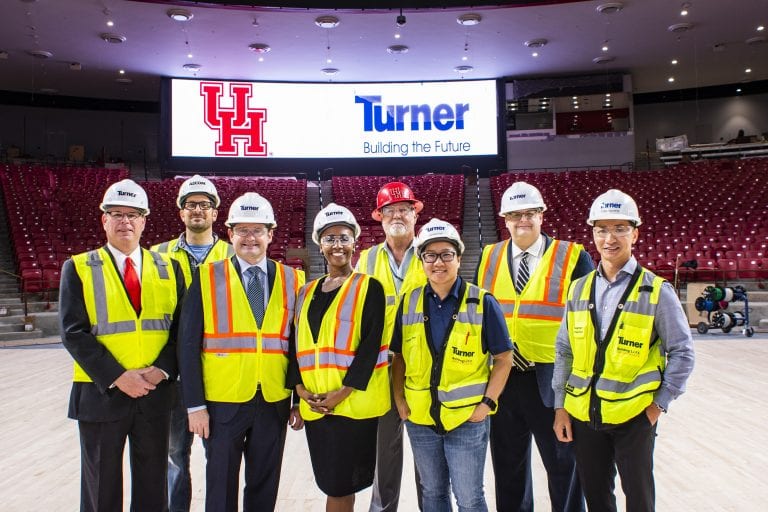
High Demand for Welders, Truck Drivers, and Diesel Technicians
Shell PLC, a U.K.-based supermajor with its U.S. headquarters in Houston, has decided to adjust its climate targets creating the expansion of the oilfield industry.
The company has eliminated its 2035 carbon intensity reduction goals and has introduced new objectives, such as reducing some of its controversial Scope 3 emissions.
These emissions are related to assets and activities not directly owned by Shell but are influenced by its value chain.
Initially, Shell aimed for a 45% decrease in net carbon intensity by 2035 compared to 2016 levels. However, in its 2024 Energy Transition Strategy, the company announced the retirement of these targets due to uncertainties surrounding the pace of the energy transition.
When the targets were first established, Shell anticipated the implementation of a carbon emissions tracking system worldwide.
Furthermore, Shell has slightly revised its 2030 carbon intensity target from a 20% reduction to a range of 15% to 20% reduction.
Additionally, the company has included a new goal to reduce its Scope 3 emissions, which encompass emissions from the products sold by Shell.
According to the company, over 90% of its emissions fall under the Scope 3 category. “If we had 200 accountants, we could put them all to work today,” Taylor said. “It’s a job seekers’ market.”
TIPRO President Ed Longanecker, speaking from Austin, mentioned that the need for skilled workers in various sectors of the energy industry in the Permian Basin has been consistently rising over the last year, in alignment with the increasing worldwide demand for oil and natural gas, as well as the record-breaking production levels.
Longanecker stated, “This month, our data shows an average of 1,860 unique job postings related to the industry in the Permian, marking an 18 percent increase compared to last year at the same time. Due to high competition for talent in the region, job postings in our industry often remain open for a longer period compared to the regional average. However, these positions are ultimately being filled.”
president ed longanecker
He further elaborated, “For example, in the Support Activities for Oil and Gas Operations sector in the Permian Basin, the median posting duration this month was 37 days, exceeding the 30-day regional average across all industries.”
Longanecker highlighted that among the most sought-after occupations based on job postings are maintenance and repair workers, heavy and tractor-trailer truck drivers, and roustabouts.
He noted, “The top job titles being posted include field service technicians, lease operators, and field specialists.” He also mentioned that the top three counties for industry postings are Midland and Ector counties, along with Eddy County in New Mexico, with Carlsbad as the county seat.
Longanecker emphasized the diversity of the essential workforce, stating, “Our workforce is comprised of individuals from various sources, including those transitioning careers for better wages, local and out-of-state talent, and targeted programs offered by regional educational institutions. Our data indicates a diversity score of 58 percent in the Permian Basin.”
He added, “While market factors, industry innovation, and efficiencies will influence talent demand, these positions will remain in high demand for the foreseeable future.”
president ed longanecker
Todd Staples, President of TXOGA, emphasized the significant contributions of the energy industry to Texas, stating, “In 2023, the energy industry in Texas paid a remarkable $26.3 billion in state and local taxes and royalties, while also achieving numerous production records.”
Staples highlighted the vital role of a robust workforce, stating, “This translates to an incredible $72 million every day, supporting Texas’ public schools, universities, infrastructure, first responders, and other essential services. However, this success relies heavily on a strong workforce across the upstream, midstream, and downstream sectors of the industry.”
“In pursuit of this goal, TXOGA members have collaborated closely with higher education institutions for many years to cultivate the workforce of the future today. For instance, ExxonMobil has joined forces with Odessa College to provide specialized degree programs tailored to the industry, while Chevron has engaged with Midland College to arrange site tours of field assets, offering valuable insights to students.”
President Todd Staples
Staples mentioned that according to recent Texas Workforce Commission data, the upstream exploration and production sector saw an increase of more than 54,700 jobs from September 2020 to December 2023.







